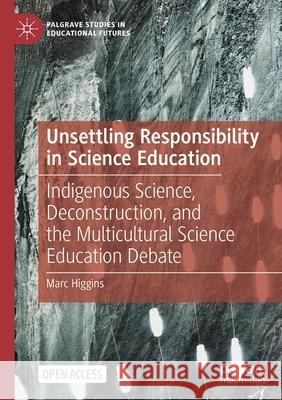Unsettling Responsibility in Science Education: Indigenous Science, Deconstruction, and the Multicultural Science Education Debate » książka
topmenu
Unsettling Responsibility in Science Education: Indigenous Science, Deconstruction, and the Multicultural Science Education Debate
ISBN-13: 9783030613013 / Angielski / Miękka / 2021 / 388 str.
Unsettling Responsibility in Science Education: Indigenous Science, Deconstruction, and the Multicultural Science Education Debate
ISBN-13: 9783030613013 / Angielski / Miękka / 2021 / 388 str.
cena 160,99
(netto: 153,32 VAT: 5%)
Najniższa cena z 30 dni: 154,18
(netto: 153,32 VAT: 5%)
Najniższa cena z 30 dni: 154,18
Termin realizacji zamówienia:
ok. 16-18 dni roboczych.
ok. 16-18 dni roboczych.
Darmowa dostawa!
Kategorie:
Kategorie BISAC:
Wydawca:
Palgrave MacMillan
Język:
Angielski
ISBN-13:
9783030613013
Rok wydania:
2021
Ilość stron:
388
Waga:
0.50 kg
Wymiary:
21.01 x 14.81 x 2.18
Oprawa:
Miękka
Wolumenów:
01
Dodatkowe informacje:
Wydanie ilustrowane











